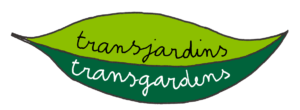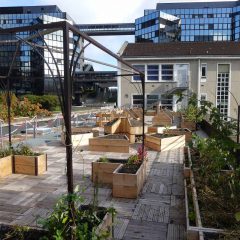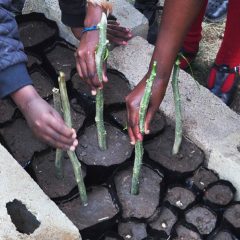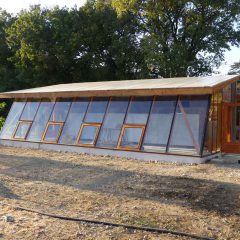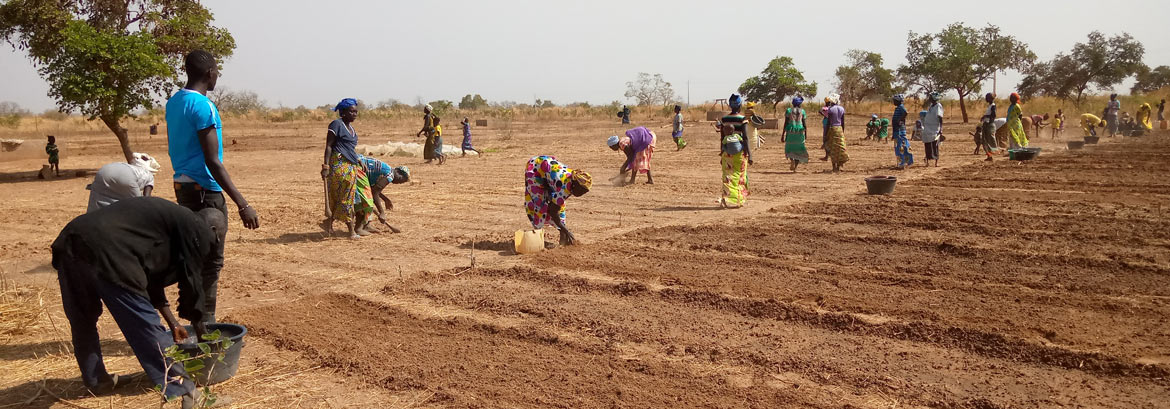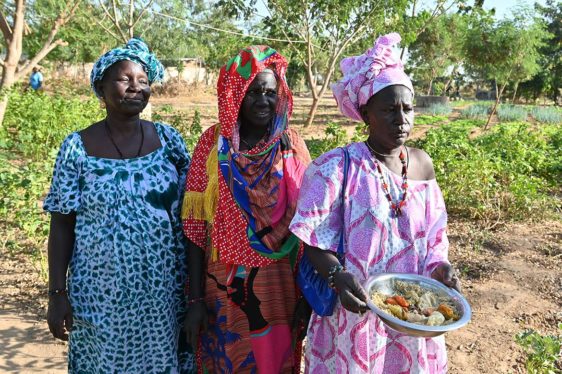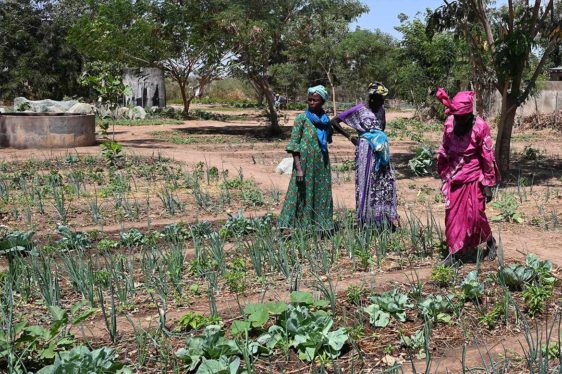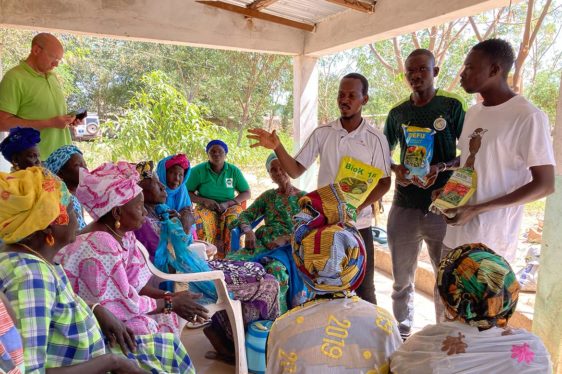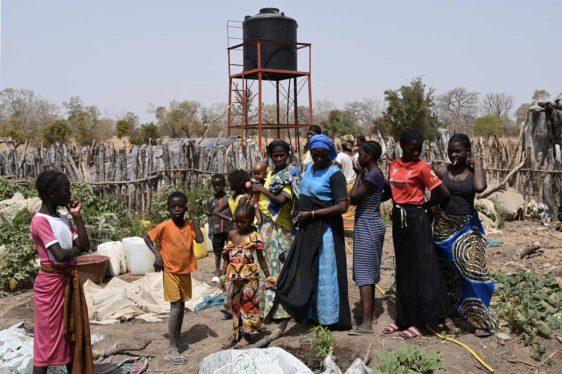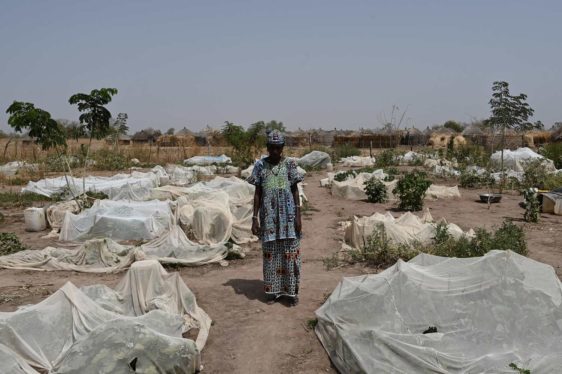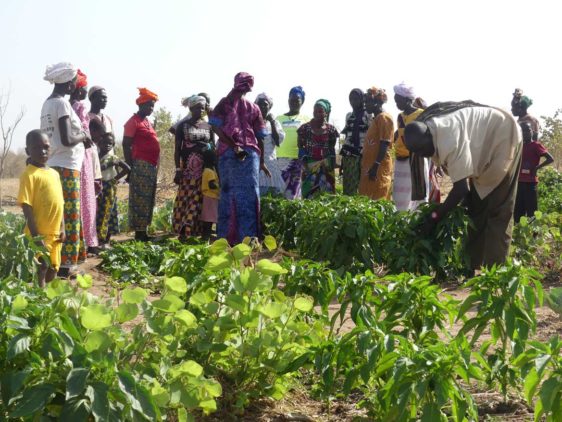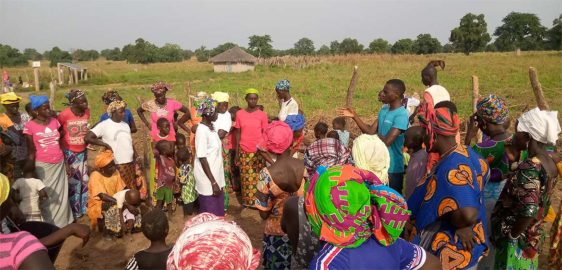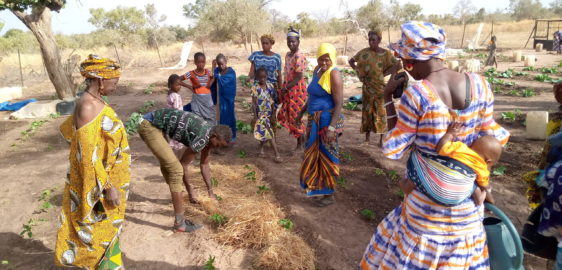The agroforestry garden of Dawady was set up by The Ivory Foundation in 2017 with the support of the Belgian Cooperation, via ULB Cooperation. A plot of land next to the health centre of Dawady, in Eastern Senegal, has been developed into an agroforestry market garden. A borehole with a water tower along with a processing and storage building were built in 2018.
This project was implemented with Le Kaicedrat, partner of The Ivory Foundation in Dawady since 2015, and with the Senegalese agroforestry association Am Be Koun.
The project was fully and successfully put on track in 2019. An economic interest group (EIG) was formed to bring together a group of women who were motivated to take care of the garden and to gain nutritional benefits for their families.
134 women paid a modest membership fee to join the group, as a sign of their motivation to get involved in the process.
They have been trained in agroforestry techniques, and associated with the implementation of the garden. They all have have benefited from the garden’s infrastructure, particularly from access to water.
A special aspect of this garden is that part of the area is cultivated for the benefit of the association Le Kaicedrat, also supported by The Ivory Foundation. Le Kaicedrat manages a mobile team led by a midwife, who visits every month the pregnant women of 20 villages within a 20km perimeter around Dawady.
Each week, vegetables are made available to the midwife for distribution to the most vulnerable pregnant women she meets during her visit.
In 2020, the second phase of this project was implemented: The Ivory Foundation commissioned Am Be Khoun, the local garden operator, to carry out an audit of the existing market gardens in the 20 villages on the outskirts of Dawady and monitored by Le Kaicedrat’s mobile team.
5 village initiatives have been identified for support.
The criterion for support was that a group of villagers would already be active on an existing perimeter, but with material needs to improve productivity, in particular by providing financial support to improve fences, or water extraction infrastructure (well or borehole).
The villages targeted are those of Malem Wog Wog, Saré Tamou, Boulel, Kouthiacoto and Dimbo.
The intervention also includes training in the principles of agroforestry, and the supply of seedlings of fertilising trees to cover the market gardening perimeters.
